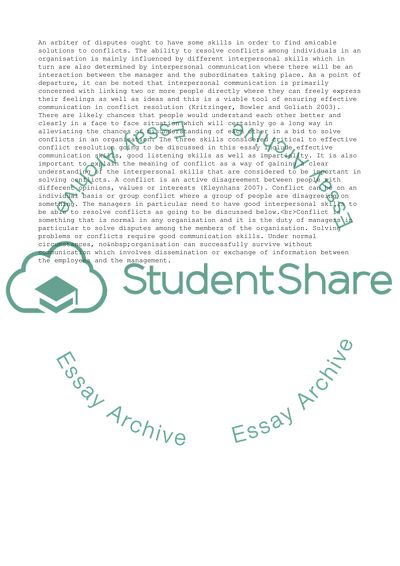Cite this document
(Three Interpersonal Skills That Are Critical to Conflict Resolution Admission/Application Essay, n.d.)
Three Interpersonal Skills That Are Critical to Conflict Resolution Admission/Application Essay. Retrieved from https://studentshare.org/management/1736128-international-business-communcation
Three Interpersonal Skills That Are Critical to Conflict Resolution Admission/Application Essay. Retrieved from https://studentshare.org/management/1736128-international-business-communcation
(Three Interpersonal Skills That Are Critical to Conflict Resolution Admission/Application Essay)
Three Interpersonal Skills That Are Critical to Conflict Resolution Admission/Application Essay. https://studentshare.org/management/1736128-international-business-communcation.
Three Interpersonal Skills That Are Critical to Conflict Resolution Admission/Application Essay. https://studentshare.org/management/1736128-international-business-communcation.
“Three Interpersonal Skills That Are Critical to Conflict Resolution Admission/Application Essay”, n.d. https://studentshare.org/management/1736128-international-business-communcation.


